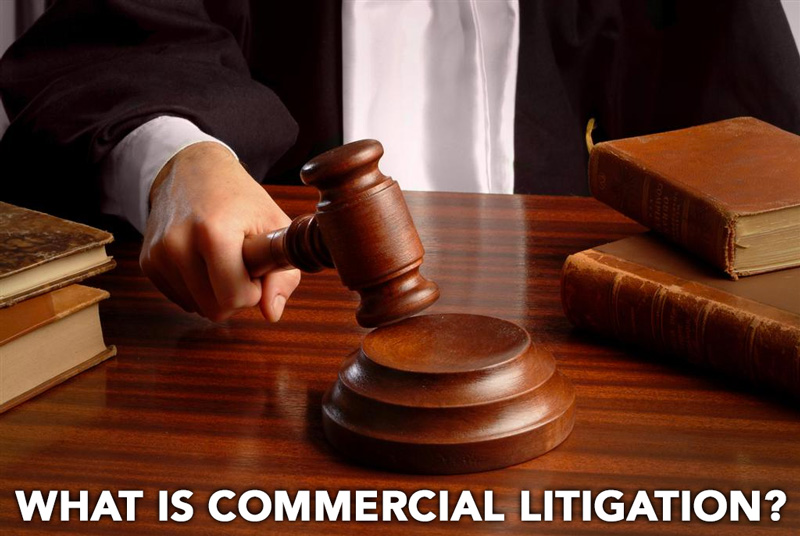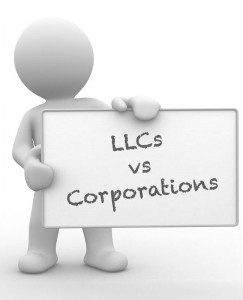 As experienced contract attorneys in Coral Springs, we at Reinfeld & Cabrera, P.A. have often been asked to explain the differences between operating agreements and franchise agreements. We know that opening a new business is scary enough without the help of contract attorneys, but Coral Springs really offers a wealth of opportunity for new business owners. However, without the guidance of reliable contract attorneys in Coral Springs, you could find yourself in a mass of confusion such as in understanding the differences between operating agreements and franchise agreements.
As experienced contract attorneys in Coral Springs, we at Reinfeld & Cabrera, P.A. have often been asked to explain the differences between operating agreements and franchise agreements. We know that opening a new business is scary enough without the help of contract attorneys, but Coral Springs really offers a wealth of opportunity for new business owners. However, without the guidance of reliable contract attorneys in Coral Springs, you could find yourself in a mass of confusion such as in understanding the differences between operating agreements and franchise agreements.
Despite the fact that both operating agreements and franchise agreements are used to structure the function and responsibilities of businesses and business owners, these documents are actually used in very different circumstances.
Operating Agreement:
An operating agreement is an essential document in the formation of a Limited Liability Company (LLC). Owing to the fact that an LLC is a flexible form of business with the ability to be created in many different ways, an operating agreement is crucial to the company formation as it is the document that clearly defines with whom the responsibility of the company sits. The operating agreement lists the members of the company, as well as specifies the internal operations of the company. In doing this, the operating agreement is able to provide the information on who has authority for various roles and how this authority can be modified. One of the primary uses of the operating agreement in an LLC is for protection and clarification. It is able to provide listed business members protection from personal liability, thus shifting liability for business actions onto the business instead of the members. Not only does an operating agreement provide protection but it also clarifies verbal agreements and makes sure that all state regulations are met.
Franchise Agreement:
Although a franchise agreement may seem similar to an operating agreement in many ways, there are a number of important differences to take into account. While an operating agreement provides business structure and member information, a franchise agreement, on the other hand, is a contract between a franchisee and a franchiser. A franchise is a binding document, wherein the franchisee is given the ability by the franchiser to use the franchise name, trademarks and assistance that is attached to it, for the purposes of starting a new business. Two other important distinctions between the operating agreement and franchise agreement are the obligations and division of fees sections found only in the franchise agreement. The division of fees section stipulates the division between which business fees the franchiser must pay and which the franchisee must pay while the obligations section contains the information regarding 1. Obligatory franchiser assistance provided to the franchisee; and 2. Amount of profits that the franchisee is to pay the franchiser
When it comes to operating agreements and franchise agreements, you would be well advised to contact practiced contract attorneys in Coral Springs – such as Reinfeld & Cabrera, P.A. – to ensure that your best interests are taken care of when forming a new business. Contact us today for your free initial consultation.


 What are the
What are the  Thinking about
Thinking about  A
A 
